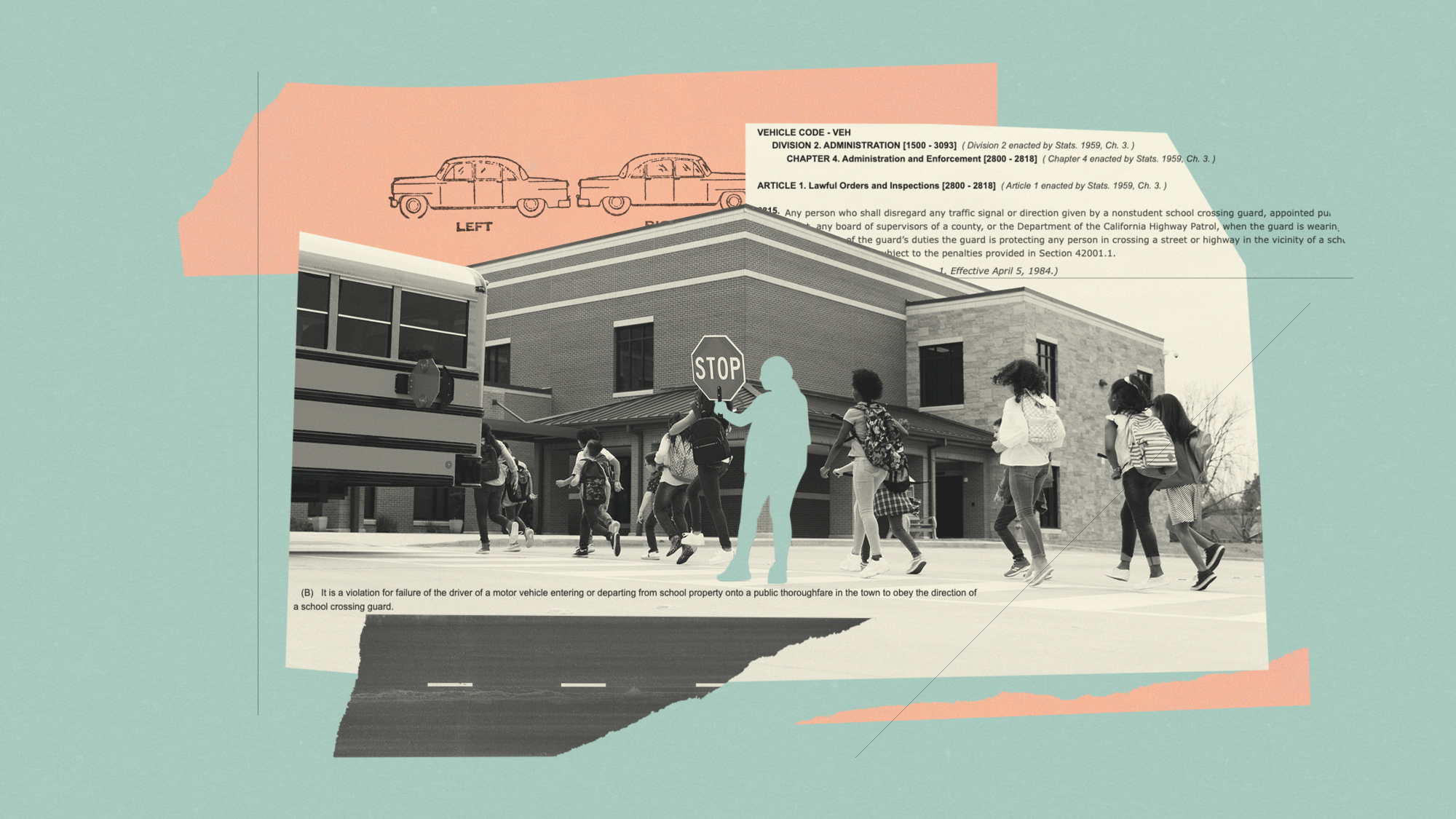Britain faces ‘return to Victorian inequality’
TUC report says UK is at risk of reverting to 19th-century conditions

A free daily email with the biggest news stories of the day – and the best features from TheWeek.com
You are now subscribed
Your newsletter sign-up was successful
The UK faces a return to the working conditions of the Victorian age, the head of the Trades Union Congress (TUC) has warned.
Frances O’Grady, the TUC’s general secretary, told The Guardian: “We’re at risk of going back to 19th-century working conditions. Millions of workers have no control and no voice at work, with increasing numbers stuck on low pay, zero-hours contracts, and in sham self-employment.”
In a snapshot of the UK workforce, a new report from the TUC found there were 3.7 million people in insecure work and 1.85 million self-employed people earning less than the minimum wage. Workers are still facing the longest pay squeeze for 200 years, it added, despite reports of a recent pick-up in pay.
The Week
Escape your echo chamber. Get the facts behind the news, plus analysis from multiple perspectives.

Sign up for The Week's Free Newsletters
From our morning news briefing to a weekly Good News Newsletter, get the best of The Week delivered directly to your inbox.
From our morning news briefing to a weekly Good News Newsletter, get the best of The Week delivered directly to your inbox.
It found that the share of economic output allotted to wages had sunk from an average of 57% in the three decades after the Second World War to 49% in 2018.
Simultaneously, said the TUC, anti-trade union laws and industrial change had resulted in union membership and collective bargaining coverage falling – from 54% and 70% in 1979 to just 23% and 26% respectively last year.
O’Grady argued that unions must get greater powers to organise and negotiate.
She said: “We urgently need to reset the balance of power in our economy and give people more of a say about what happens to them at work. We know that collective bargaining is the best way to raise wages and improve conditions – so let’s expand it across the whole workforce.”
A free daily email with the biggest news stories of the day – and the best features from TheWeek.com
Personnel Today said the TUC is in favour of “a similar model to New Zealand”, where unions are allowed access to all workplaces to tell employees about the benefits of union membership.
The TUC’s study also concluded that low wages are linked to unsecured borrowing hitting record levels. One in five families are stuck in problem debt, leading O’Grady to state: “We need to rebuild family finances or we are stuffed. This has always been the canary in the mine.”
-
 Local elections 2026: where are they and who is expected to win?
Local elections 2026: where are they and who is expected to win?The Explainer Labour is braced for heavy losses and U-turn on postponing some council elections hasn’t helped the party’s prospects
-
 6 of the world’s most accessible destinations
6 of the world’s most accessible destinationsThe Week Recommends Experience all of Berlin, Singapore and Sydney
-
 How the FCC’s ‘equal time’ rule works
How the FCC’s ‘equal time’ rule worksIn the Spotlight The law is at the heart of the Colbert-CBS conflict
-
 Ski town strikers fight rising cost of living
Ski town strikers fight rising cost of livingThe Explainer Telluride is the latest ski resort experiencing a patroller strike
-
 Employees are branching out rather than moving up with career minimalism
Employees are branching out rather than moving up with career minimalismThe explainer From career ladder to lily pad
-
 Out of office: Microretirement is trending in the workplace
Out of office: Microretirement is trending in the workplaceThe explainer Long vacations are the new way to beat burnout
-
 Being a school crossing guard has become a deadly job
Being a school crossing guard has become a deadly jobUnder the Radar At least 230 crossing guards have been hit by cars over the last decade
-
 Why 'faceless bots' are interviewing job hunters
Why 'faceless bots' are interviewing job huntersIn The Spotlight Artificial intelligence is taking over a crucial part of recruitment
-
 Champagne problems: migrant vineyard workers treated 'like slaves'
Champagne problems: migrant vineyard workers treated 'like slaves'Under the Radar Convictions spotlight the 'exploitation and misery' at the heart of the 'glamorous' industry
-
 How many people are working illegally in the UK?
How many people are working illegally in the UK?The Explainer Government vows 'nationwide blitz' on illicit workforce believed to number in the hundreds of thousands
-
 What is 'career catfishing' and why are Gen Z doing it?
What is 'career catfishing' and why are Gen Z doing it?Under The Radar Successful job applicants are increasingly disappearing before their first day